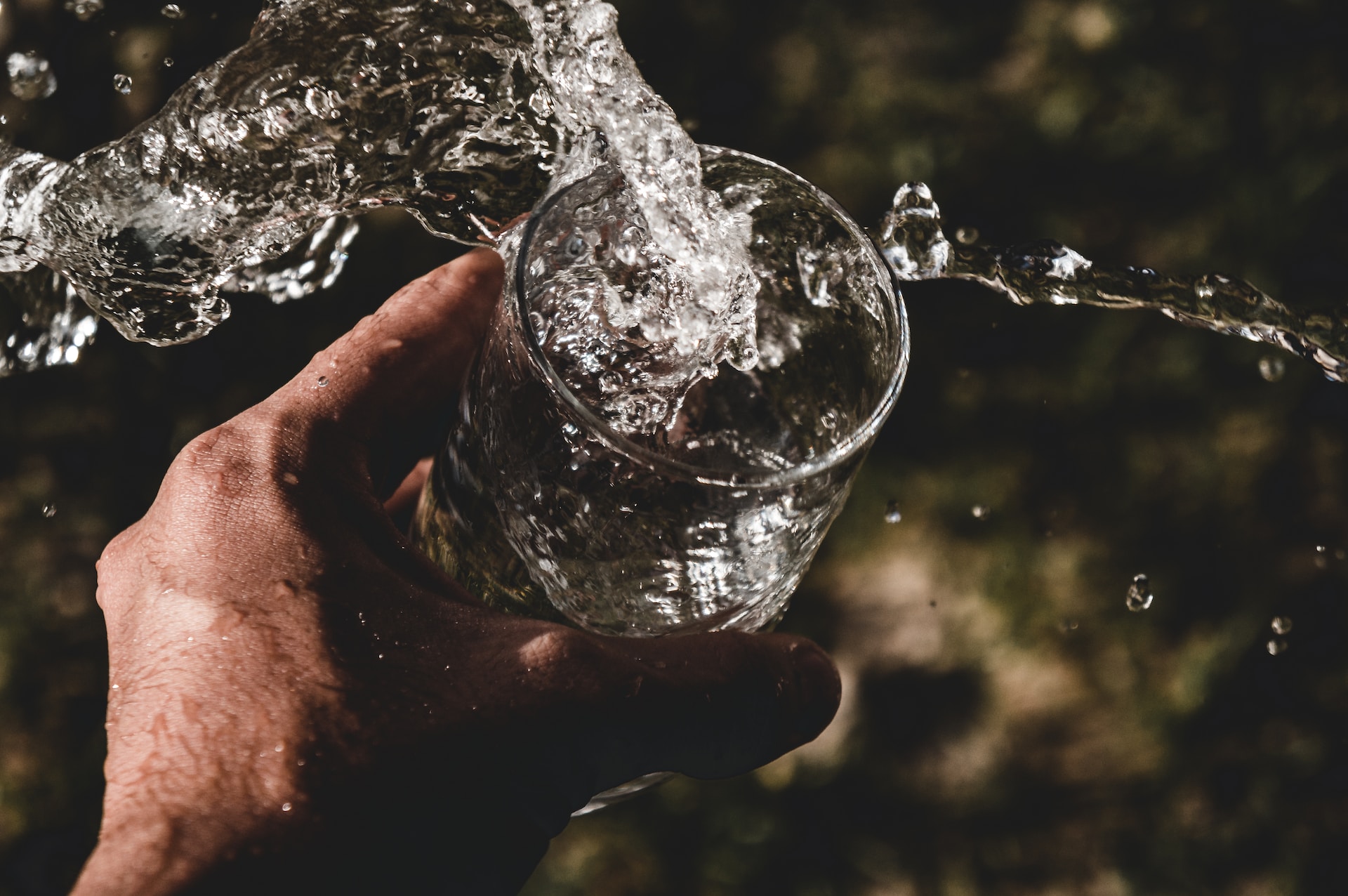Have you ever taken a sip of tap water only to be surprised by a distinct salty taste? It’s not your taste buds playing tricks on you; sometimes, tap water can indeed taste salty. In this comprehensive guide, we’ll explore the reasons behind this phenomenon, how to treat salty tap water, whether boiling can help, and the fascinating process of turning saltwater into freshwater. Let’s dive in.
Salty tap water can be attributed to various factors, and understanding them is crucial in addressing the issue.
1. High Mineral Content:
- One of the most common reasons for salty tap water is the presence of minerals like sodium, potassium, and magnesium. These minerals can naturally occur in groundwater and find their way into your tap.
2. Seawater Intrusion:
- If you live in a coastal area, seawater intrusion can affect your tap water. When saltwater infiltrates freshwater aquifers, it can lead to an increase in salinity.
3. Water Softeners:
- Some homes use water softeners to reduce the hardness of their water. These systems often replace calcium and magnesium ions with sodium ions, which can result in a salty taste.
4. Contamination:
- In rare cases, contamination from industrial processes or salt deposits near water sources can introduce saltiness into tap water.
Is Salty Tap Water Safe to Drink?
Salty tap water is generally safe for consumption unless the salt levels are exceptionally high. However, excessively salty water may have an unpleasant taste, and the sodium content can be a concern for individuals on low-sodium diets. It’s advisable to have your water tested if you suspect high salt levels.
How Do You Treat Salty Tap Water?
Treating salty tap water depends on the source and the extent of salinity. Here are some common methods:
1. Reverse Osmosis (RO) Filtration:
- RO systems use a semipermeable membrane to remove dissolved salts and minerals, making it an effective solution for reducing salinity in tap water.
2. Ion Exchange Softeners:
- If the saltiness is due to water softeners, you can adjust the settings or consider using alternative methods to reduce the sodium content.
3. Distillation:
- Distillation involves boiling water and collecting the condensed steam, leaving the salt behind. While effective, it can be energy-intensive.
4. Blending with Freshwater:
- In cases of mildly salty water, blending it with freshwater can dilute the salt content to an acceptable level.
Does Boiling Tap Water Remove Salt?
Boiling tap water, unfortunately, does not remove salt. When you boil water, you’re actually concentrating the salts as the water evaporates, making it saltier. Boiling is not a suitable method for desalinating water.
Can You Turn Salt Water into Fresh Water?
Yes, you can turn saltwater into freshwater through a process called desalination. Desalination methods include:
1. Distillation:
- As mentioned earlier, distillation involves heating saltwater, collecting the vapor, and condensing it back into freshwater.
2. Reverse Osmosis (RO):
- RO membranes effectively remove salt and other impurities from seawater, producing freshwater.
3. Electrodialysis:
- This process uses an electric field to drive salt ions out of the water, producing freshwater.
Desalination is energy-intensive and typically used in areas with limited freshwater sources or in marine settings.
Related FAQs:
Q1: How Do You Treat Salty Tap Water?
- Salty tap water can be treated using methods like reverse osmosis filtration, ion exchange softeners, distillation, or blending with freshwater.
Q2: Does Boiling Tap Water Remove Salt?
- No, boiling tap water does not remove salt. In fact, it can make the water saltier as the water evaporates, concentrating the salt.
Q3: Can You Turn Salt Water into Fresh Water?
- Yes, saltwater can be turned into freshwater through desalination methods such as distillation, reverse osmosis, or electrodialysis.
Sources:

